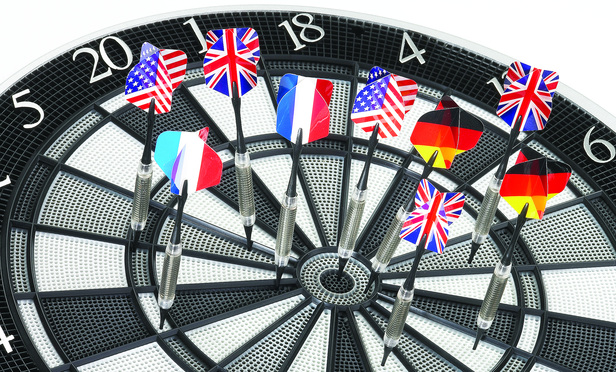The U.S. Supreme Court has recognized that forum selection clauses constitute “an indispensable element in international trade, commerce and contracting.”i As international trade and commerce expand to the farthest corners of the globe, the enforceability of forum selection clauses will garner increasing attention as parties seek venue in courts particularly equipped to address complex legal disputes among sophisticated parties. Undoubtedly, circumstances will continue to arise where a party, which previously negotiated a contract containing a forum selection clause, seeks to avoid the designated jurisdiction and bring suit in a jurisdiction viewed as more favorable. As the Second Circuit’s recent decision in Martinez v. Bloomberg, 740 F.3d 211 (2d. Cir. 2014), demonstrates, these situations may be further complicated by the parties’ negotiated choice of law provision. We discuss below how courts in the Second Circuit, in view of Martinez, will approach interpreting a forum selection clause where the governing contract contains a choice of law provision, and the practical implications for parties litigating the scope and meaning of a forum selection clause.
Four-Part Analysis for Determining the Effect of a Forum Selection Clause. Federal courts employ a four-part analysis to determine whether a forum selection clause is enforceable: (1) “whether the clause was reasonably communicated to the party resisting enforcement”; (2) whether the clause is “mandatory or permissive, i.e., … whether the parties are required to bring any dispute to the designated forum or simply permitted to do so”; (3) “whether the claims and parties involved in the suit are subject to the forum selection clause”;2 and (4) whether a party can “mak[e] a sufficiently strong showing that enforcement would be unreasonable or unjust, or that the clause was invalid for such reasons as fraud or overreaching.”3



